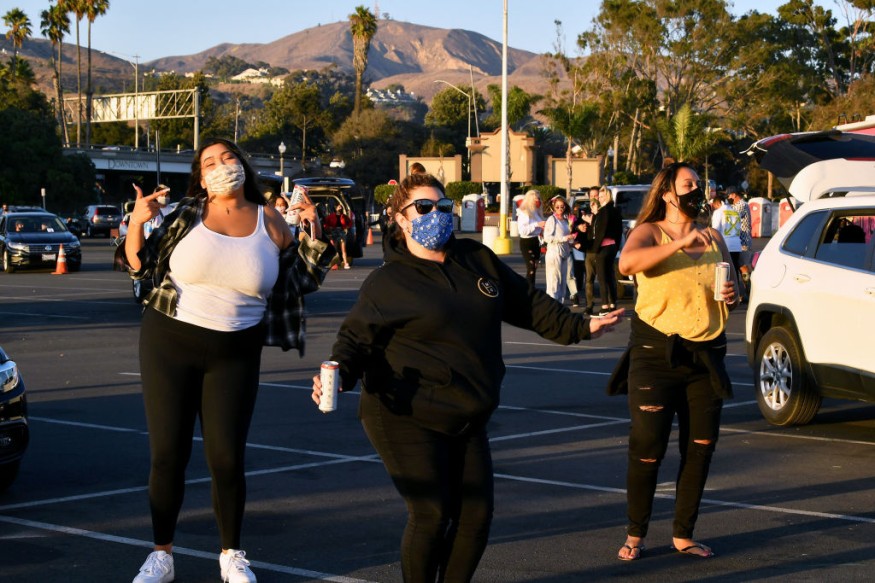German scientists believe that the ongoing pandemic may mean a three-year ban on house parties. Ever since lockdown restrictions have been slowly lifted around the world, experts have noticed a spike in cases associated with mass gatherings and parties.

In the United States, parties on college campuses, mass gatherings with a lack of public safety practices, and private parties in houses and hotel rooms have been reported by health authorities. In late August, just after the first week of classes, five students from the State University of New York organized a party that resulted in over 500 new cases just a few days after.
Professor Hendrick Streeck, a virologist from Germany, predicted that regional spikes might continue in Scotland and England until 2023 without a vaccine. "This virus is not disappearing," noting that it has now become part of our daily lives.
Avoiding Super-Spreading Events
Streeck also said, "we have to find a way to live with it," saying that coronavirus will still be here for the next three years. All kinds of parties, large gatherings, and other super-spreading events need to stop for the infection rate to decrease, he said.
For example, nearly 200 people attended an underground bunker rave in Norway. Not only were the partygoers in danger of COVID-19 infection, but several people were also hospitalized for carbon monoxide poisoning.
Streeck said that physical distancing, avoiding large gatherings, and wearing face masks "can have a profound impact on the infection." These simple measures can help prevent spreading the virus "if you have large levels of infection."
He also heads the pandemic response team in Hensberg, Germany, a badly-hit region affected by the virus. Even with vaccine developments around the world, there is a lot of doubt about when it will be safe, efficient, and available.
It is uncertain if a vaccine is the answer to ending the pandemic, said Streeck. Most likely, a cure will be available by next year or even longer.
In England, police forces have been given the authority to fine those organizing parties and other illegal gatherings. One rule-breaker that hosted a house party with nearly 100 people was fined a maximum of $13,200 (£10,000).
The UK just recorded over 2,900 new cases, a spike identical to cases in May. Residents were told to avoid public transportation as well as visiting other households.
READ: Crowds Fill California Beaches Over Labor Day Weekend Amid Heatwave and COVID-19
Following Guidelines
Recently in the United States, 11 students from Northeastern University were dismissed for gathering in a hotel room and violating the school's COVID-19 safety policies. To add to their punishment, their tuition was not refunded and will be allowed to return to campus next spring.
"Cooperation and compliance with public health guidelines [are] absolutely essential," said Madeleine Estabrook of Northeastern's student affairs. "Those people who do not follow the guidelines...are putting everyone else at risk."
Scott Gottlieb, who used to be commissioner of the Food and Drug Administration, said that people are already exhausted, and their willingness to comply with simple public health guidelines to prevent the spread of coronavirus may "start to fray as we head into the fall and the winter."
Check out more news and information on COVID-19 on Science Times.










